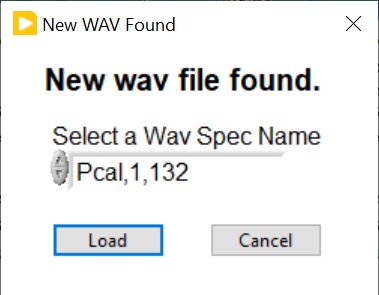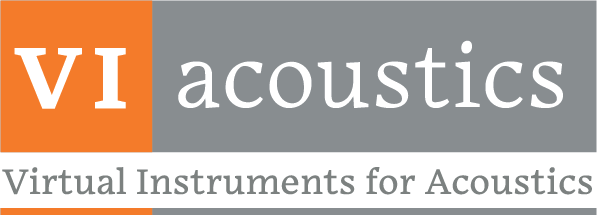Overview
IPLA Pro is a software application that calculates Impulsive Peak Level Attenuation (IPLA) in hearing protectors in accordance with ASA/ANSI S12.24-2023. IPLA Pro works in conjunction with VIacoustics Trident (and optionally, IPLA Automator) to collect, manage and process *.wav files to determine the IPLA rating for hearing protectors.

IPLA features include:
File Loading and Management
- Manages all time waveforms needed for IPLA rating per ANSI S12.42-2023
- Automatically loads new recordings directly after each Trident acquisition
- Can batch load an entire directory of recordings, or manually load/replace single recordings
- Evaluates Calibration and Closed Ear recordings for standard compliance
- Accommodates 132 dB, 150 dB and 168 dB files simultaneously
Results Display and Processing
- Measures and evaluates the following metrics for standards compliance:
- Peak sound pressure levels
- 1/3 Octave Band Signal to Noise Ratios
- A-Duration and Rise Time
- Calibration Transfer Functions (Hff)
- Estimated-Measured Open Ear levels
- Displays the following intermediary metrics:
- Impulse Insertion Loss (IIL)
- Impulsive Level-Dependant Attenuation (ILDA)
- Impulse Complex Insertion Response (ICIR)
- Allows for the entry of custom REAT Limits for IIL
- Calculates IPLA using both the standard Friedlander impulse and custom impulse from a WAV file
- Determines whether hearing protector exhibits linear or nonlinear behavior
Data Export
- Exports detailed data to a Microsoft Excel Workbook for post-process analysis and reporting
- Saves all waveforms as a single *.tdms file
- Stores ICIR and Calibration Transfer Functions as *.tdms files
Features
IPLA Pro offers numerous ways to load all files needed for an IPLA rating.
A “scan for files” setting enables WAV files to be automatically loaded directly after the Trident acquisition. The Wave Spec Name is read from the file path and displayed in a dialog that appears when the new WAV is detected.
As files are loaded, each is evaluated for standards compliance for all appropriate metrics. These include peak sound pressure levels, third-octave band signal to noise ratios, a-duration and rise time.

